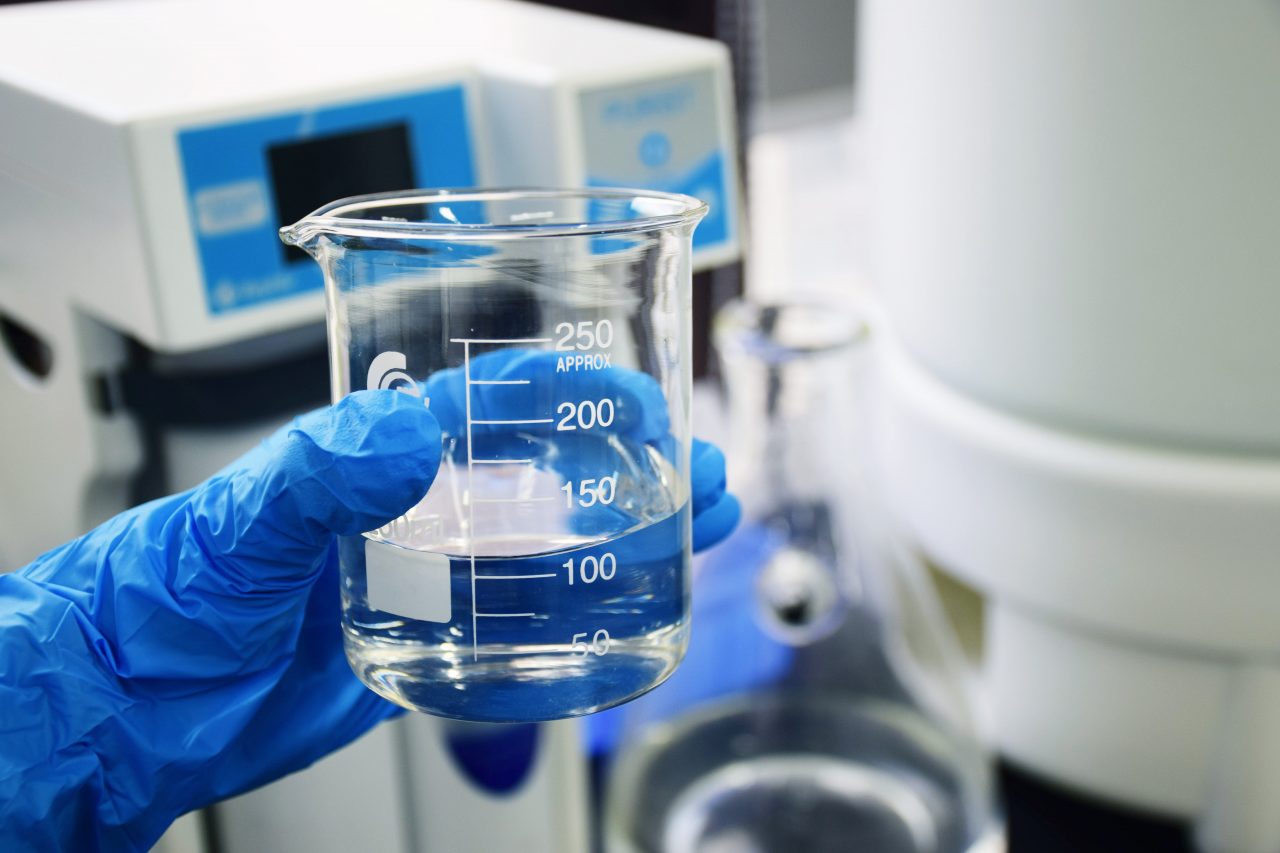
In our bustling world, where the ebb and flow of life often takes precedence, we sometimes forget the profound impact of environmental water quality on our daily existence. Whether it’s the serene ripples of a river, the rhythmic crashing of ocean waves, or the stillness of a lake at dawn, these aquatic ecosystems are not only breathtakingly beautiful but also crucial to our survival and the well-being of the myriad of life forms that call them home.
The significance of maintaining pristine water quality in our oceans, rivers, lakes, swamps, and wetlands cannot be overstated. It directly influences the vitality of the flora and fauna that thrive in these habitats, forming the foundation of a delicate ecological balance. However, this balance is increasingly threatened by the alarming surge of contamination stemming from various sources such as farms, urban areas, and industrial zones. Astonishingly, recent statistics from the United Nations reveal that more than 80% of the world’s wastewater is discharged back into the environment without adequate treatment. This concerning level of contamination poses substantial risks not only to human health but also to the delicate aquatic wildlife.
In light of these challenges, the critical role of water quality analysis cannot be emphasized enough. Conducted using standardized methods, this analytical process serves to assess whether essential water parameters meet the requisite standards for various designated uses. It is an essential tool for ensuring the continued health and viability of our water resources and the ecosystems they support.
Why is Water Quality Analysis Necessary?
Water quality analysis plays a pivotal role in safeguarding our precious water resources. Here are some key reasons why this practice is indispensable:
- Ensuring Compliance with Standards: Through comprehensive analysis, we can ascertain whether the water quality aligns with established standards, thereby determining its suitability for intended purposes.
- Monitoring Regulatory Compliance: Water quality analysis enables effective monitoring of adherence to rules and regulations, ensuring that potential pollutants are kept within acceptable limits.
- Assessing System Efficiency: By regularly evaluating water quality, we can gauge the effectiveness of systems designed to maintain and improve water quality, thus facilitating necessary adjustments for enhanced environmental protection.
In the pursuit of a sustainable future, the onus falls on each of us to recognize the paramount significance of environmental water quality and its direct correlation to the health and well-being of all life on our planet. By embracing the crucial practice of water quality analysis, we can take proactive steps towards preserving our water resources for generations to come. Let us work together to ensure a harmonious coexistence with nature, safeguarding the precious ecosystems that sustain us all.
